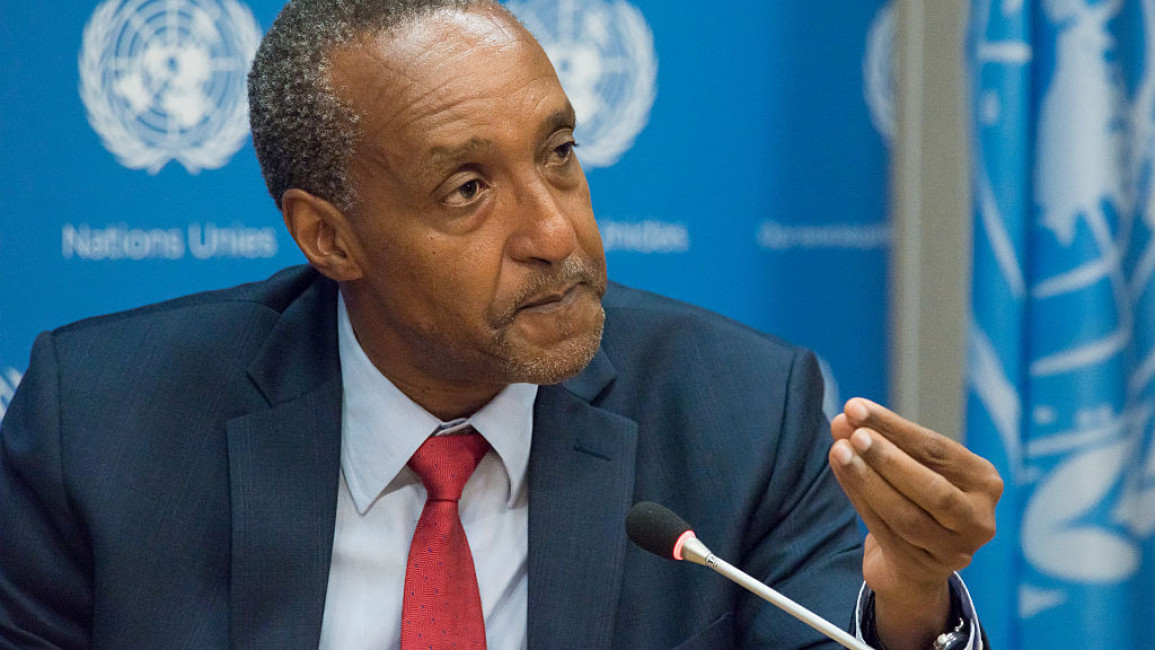Kenya considers ban on workers travelling to Saudi Arabia amid 'rising deaths'
Kenya's Ministry of Foreign Affairs has proposed a stopgap ban on domestic workers travelling to Saudi Arabia, amid concerns about worker protections and welfare.
The foreign ministry had written to the labour ministry in July to request a temporary ban, Foreign Affairs Principal Secretary Macharia Kamau told MPs.
"As additional measures to protect the rights and welfare of migrant workers are put in place, the ministry recommends for temporary ban of recruitment and export of domestic workers to Saudi Arabia," Kamau was quoted by local media as saying.
The minister added that conditions for workers had significantly deteriorated since a Kenyan parliamentary committee visited the Gulf state in 2019, with increased reports of deaths workers in distress.
Kenyan domestic worker deaths reported to the country's embassy totalled three in 2019 and rose to 48 in 2020, with this year's number so far standing at 41, Kamau said.
"The statics indicate the dire reality that we face. It warrants bold and decisive action to curb further suffering of Kenyan domestic workers in Saudi Arabia," the minister said, adding that the majority of worker deaths were those of young women.
The proposed ban would bar recruitment of domestic workers and their travel to Saudi Arabia until Riyadh introduces protections for the workers.
Migrant domestic workers in Saudi Arabia routinely suffer abuse derived from the kafala system. Less than half of them are women who work in private households to cook, clean and provide childcare.
According to testimonies obtained by Amnesty International, they often face gruelling working conditions and work long hours without breaks or days off.
Many migrant workers have also faced irregular or non-payment of their agreed wages. They also face verbal and physical abuse and have their passports regularly confiscated by abusive employers who act with impunity.
They are not allowed to leave the country without the permission of their employers, which makes the workers extremely dependent on them and increases their vulnerability to abuses of rights, including forced labour and physical and sexual assault.



